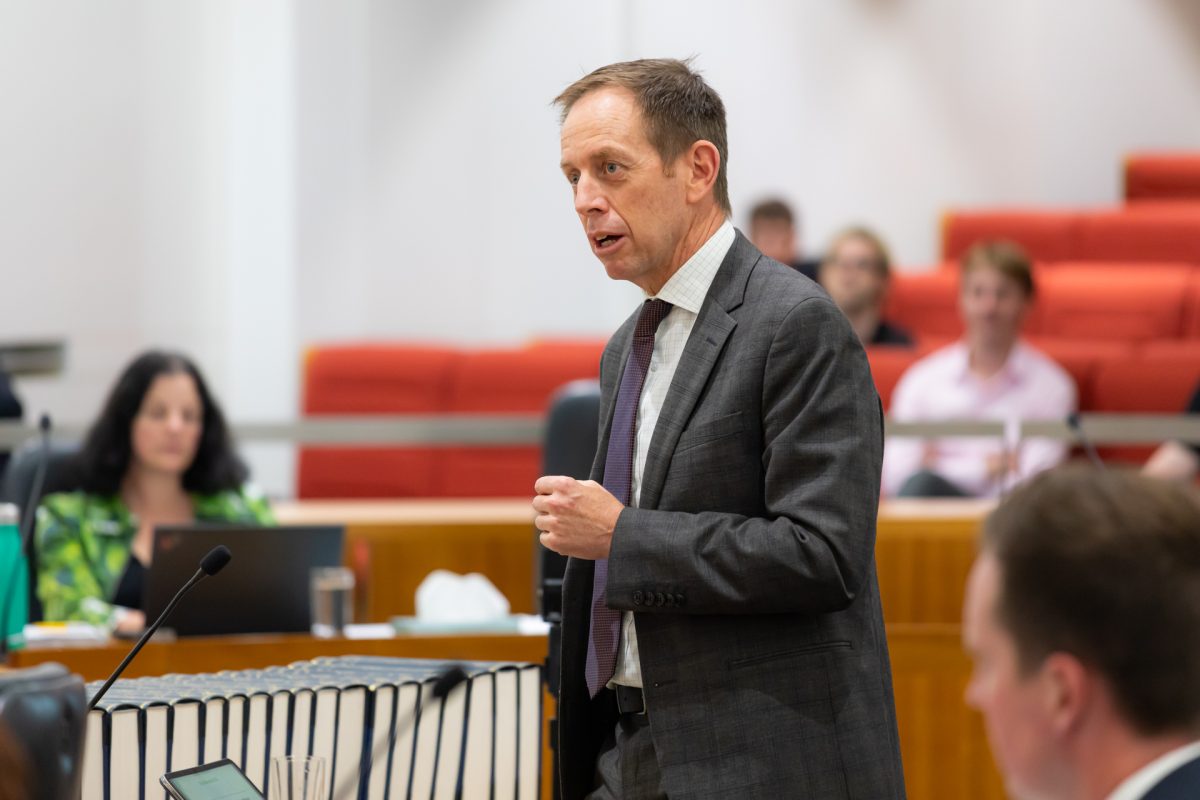
Attorney-General Shane Rattenbury confirmed he had a meeting with the Acting DPP over questions that had been raised about sexual assault discontinuation rates. Photo: Michelle Kroll.
The ACT Attorney-General has strongly rejected insinuations that a meeting with the Acting Director of Public Prosecutions (DPP) about the discontinuation rate of sexual assault cases resulted in someone else getting the top job.
Shane Rattenbury confirmed he had met with Acting DPP Anthony Williamson on 30 January to discuss concerns raised with him from different sources about the discontinuation rate from the office.
Mr Rattenbury said while the DPP is an independent, statutory role, he felt it was his “duty” to investigate if there were any systemic issues and to understand the Acting DPP’s “perspective”.
“As the Attorney-General, I do have a responsibility to consider policy issues and to engage with the Director [of Public Prosecutions] to ensure our justice system is delivering the best possible outcomes … [to] raise those questions and to understand the DPP’s perspective,” he said.
“For all I knew, [Mr Williamson] might have come and suggested legal reform in an area.”
Reports in The Australian have claimed Mr Williamson later told colleagues he was angry that he was “hauled over to [Mr Rattenbury’s] office like an errant little schoolboy to explain myself as an independent statutory office holder”.
“The January 30 meeting has sparked speculation that someone within the Office of the DPP advised Mr Rattenbury of the terminated sexual assault cases in a bid to ‘white-ant’ Mr Williamson,” the article claimed.
It was also suggested that some of these cases contained instances where an accused had made admissions and where there was medical evidence.
Mr Rattenbury said specific cases were not discussed.
Region has reached out to Mr Williamson for comment.
Mr Rattenbury said he hadn’t had the chance to speak with Mr Williamson since these allegations came to light, but felt a conversation would be useful to “clear the air”.
“It’s regrettable that he feels this way [about our meeting], I obviously saw the meeting very differently than … what he reportedly had perceived it,” he said.
“I was certainly not seeking to direct him as to how he conducted these matters or to change his decision on any of the specific cases where these questions had arisen from.
“It’s a shame that my intentions were perhaps misinterpreted.”
Mr Rattenbury said Mr Williamson had advised him that sexual assault case discontinuation rates in the ACT was “commensurate” with other jurisdictions and explained what safeguards and sign-off points were in place for these types of cases.
No further detail about the nature of the cases raised with Mr Rattenbury were provided.
According to the DPP’s annual report, there were 20 sexual offences cases which went to trial in the ACT Supreme Court in the 2022-23 financial year.
Nine of these resulted in a guilty verdict and four returned not guilty findings.
There were nine notices given declining to proceed further with a case.
Chief Minister Andrew Barr has also expressed his opinion that the meeting was within Mr Rattenbury’s remit.
“It is appropriate for the Attorney-General to discuss matters of ODPP operations and policy with the Director,” he said.
He stressed Mr Rattenbury had his confidence and that the office of the DPP was an independent body “in the manner that the ODPP undertakes prosecutions”.
The Attorney-General and DPP regularly meet to discuss policy, resourcing and operational issues, and meetings can also be held on an as-needed basis.
It’s understood the 30 January meeting took place before interviews were held to find the ACT’s new permanent DPP.
These interviews were conducted by a panel of three people, including the Justice and Community Services directorate’s director-general, and did not involve the Attorney-General.
The preferred candidates were then put to Cabinet. Former Northern Territory deputy DPP Victoria Engel SC secured the role.
Mr Williamson had inserted a DPP liaison officer into ACT Policing’s Sexual Assault and Child Abuse Team (SACAT) to advise on the threshold for prosecutions.
Work is continuing to establish the definition of a threshold to charge in sexual assault cases, which was a recommendation from the Board of Inquiry into the Territory’s criminal justice system.












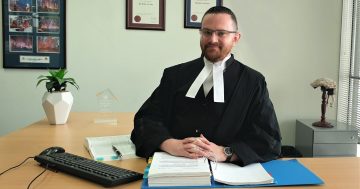

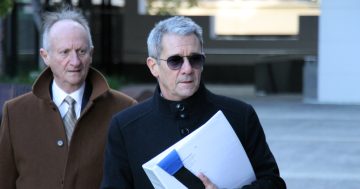

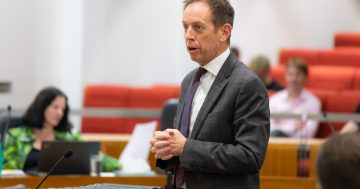
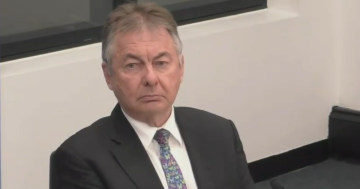
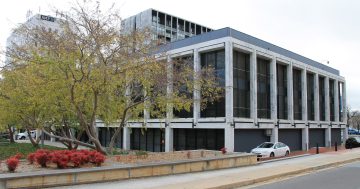


Simple. Announce we're going to train Australian citizens to use firearms, arm to the teeth those… View